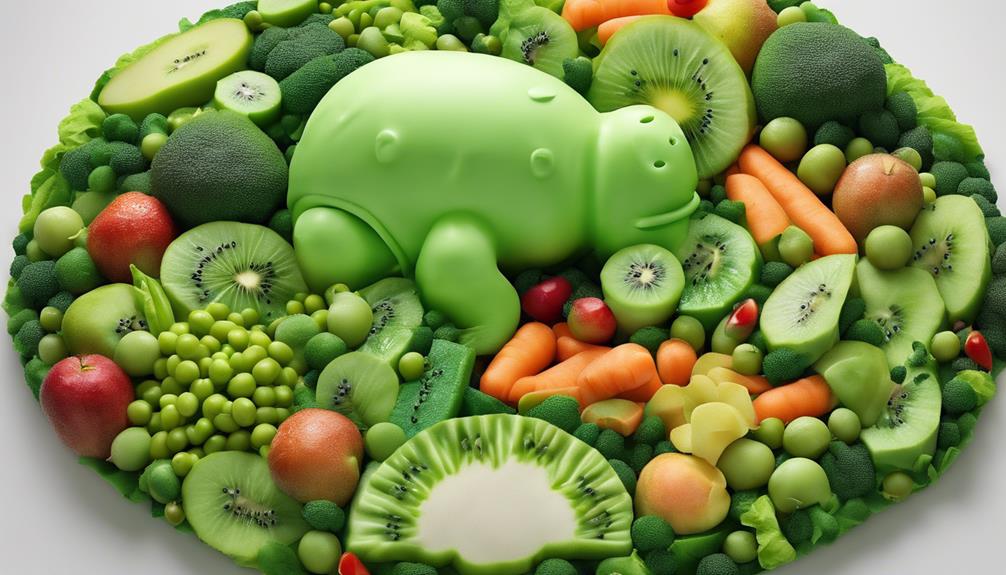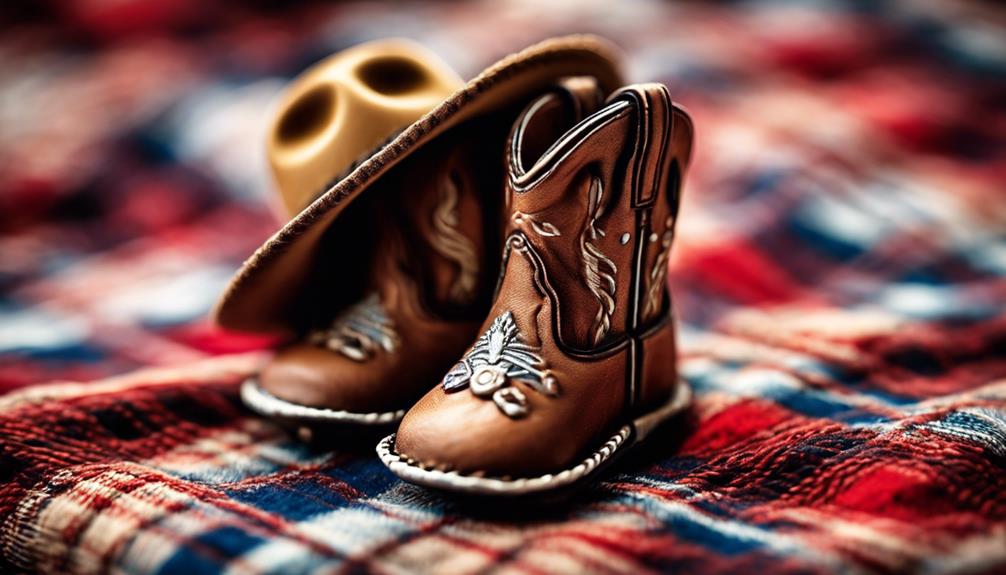When your little one experiences those adorable, yet pesky, hiccups, you may wonder how to provide gentle relief. Understanding the triggers and implementing natural techniques can be key in soothing your newborn.
From identifying what might be causing the hiccups to utilizing specific soothing methods, there are various ways to help ease this common occurrence.
Stay tuned to discover practical tips on how to navigate and alleviate newborn hiccups naturally.
Key Takeaways
- Burping during and after feeding helps release trapped air, reducing newborn hiccups.
- Creating a calm feeding environment and using a pacifier can naturally soothe hiccups.
- Proper feeding and burping strategies, like smaller, frequent feeds, aid in managing hiccups.
- Holding the baby upright, gentle rocking, and avoiding overfeeding are key for relieving newborn hiccups naturally.
Identifying Hiccup Triggers
If you notice your newborn experiencing hiccups frequently, understanding the triggers behind these episodes can be key to managing them effectively.
Hiccups in babies can be caused by various factors such as overfeeding, swallowing air during feeds, sudden changes in temperature, stress, or excitement. Paying attention to your baby's feeding patterns, their position during feeding, and the environment they're in can help pinpoint what might be causing the hiccups.
Keeping a record of when the hiccups occur can also assist in identifying patterns and potential triggers. By actively working to identify and address these triggers, you can develop strategies to reduce the frequency and duration of your newborn's hiccups naturally.
Natural Soothing Techniques

To naturally soothe your newborn's hiccups, try employing gentle belly rubs or back patting to relax the diaphragm and provide relief. Here are some effective natural soothing techniques to help your baby:
- Burp the Baby: After feeding, make sure to burp your baby to release trapped air, which can alleviate hiccups naturally.
- Gentle Rubs and Patting: Use gentle belly rubs or back patting to relax the diaphragm and stop newborn hiccups.
- Pacifier Use: Offering a pacifier can help soothe the baby and relax the diaphragm, reducing hiccups.
- Create a Calm Environment: Establishing a calm and comfortable feeding environment can help prevent hiccups in newborns.
Feeding and Burping Strategies
When feeding your newborn, ensuring proper burping techniques can help release trapped air and minimize the occurrence of hiccups. Burping your baby during and after each feeding session is critical for preventing hiccups, as it helps expel any air swallowed during feeding.
Feeding your little one smaller amounts more frequently can also reduce the chances of hiccups, as it lessens the amount of air ingested. Keeping your newborn upright for 20-30 minutes after feeding promotes better digestion and can aid in preventing hiccups naturally.
Using a bottle with a slow-flow nipple is another effective strategy, as it reduces the intake of air while feeding. By implementing these feeding and burping techniques consistently, you can help manage and prevent newborn hiccups, ensuring a more comfortable experience for your baby.
Positioning for Hiccup Relief

Position your baby in an upright position to help alleviate hiccups by facilitating the passage of trapped air. Here are some tips to help you position your baby for hiccup relief:
- Hold your baby upright: Place your baby over your shoulder or on your lap with gentle pressure on the abdomen to aid in releasing trapped air.
- Support the head and neck: Make sure proper head and neck support while keeping your baby upright to prevent regurgitation and reduce hiccups.
- Avoid sudden movements: Steer clear of any sudden jostling or movements that could disrupt your baby's calm environment during hiccups.
- Rock or sway gently: Try gently rocking or swaying your baby while in an upright position to help relax the diaphragm and naturally stop the hiccups.
Preventive Measures for Newborn Hiccups

If your newborn experiences frequent hiccups, incorporating simple preventive measures into your routine can help minimize their occurrence and guarantee a more comfortable feeding experience. Remember to burp your baby during and after each feeding session to release any excess air that could be causing hiccups.
Using a pacifier can also aid in relaxing the diaphragm and naturally stopping hiccups. Guarantee a calm environment during feedings as stress can contribute to hiccups.
Avoid overfeeding by following proper feeding techniques and monitoring your baby's positioning and timing. By being mindful of these factors, you can help prevent and manage newborn hiccups effectively.
Stay attentive to your baby's cues and make adjustments as needed to create a soothing feeding experience that minimizes the chances of hiccups. Trust in your ability to provide the best care for your little one.
Frequently Asked Questions
Is It OK to Leave Newborn With Hiccups?
It's perfectly fine to leave your newborn with hiccups. They're normal and harmless, often resolving on their own. These hiccups can even strengthen their diaphragm. If they persist or affect feeding/sleep, consult your healthcare provider.
What Is the Best Position for Newborn Hiccups?
When your newborn has hiccups, gently hold them against your chest or lap, patting their back. This position helps release trapped air, easing hiccups. Providing comfort and support in this way can bring relief and soothe your little one.
What Stops Hiccups Quickly?
To stop hiccups quickly in newborns, try burping, offering a pacifier, or soothing with gentle back rubbing. Avoid overfeeding in a calm environment. Let hiccups naturally subside in 5 to 10 minutes for a safe resolution.
Do Hiccups Mean Baby Is Full?
Hiccups in a baby don't always mean they're full. They can happen for various reasons. Watch for other feeding cues to understand if your baby needs more food. Focus on their behavior rather than just hiccups.
Conclusion
Don't fret, new parents! Remember, newborn hiccups are just a small hiccup in the grand scheme of things.
By following these natural techniques and tips, you can help your little one find relief and comfort.
With a little patience and practice, you'll soon become a pro at soothing those pesky hiccups.
So, take a deep breath, relax, and know that you've got this parenting thing under control – hiccups and all!









